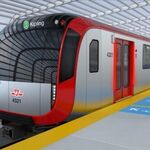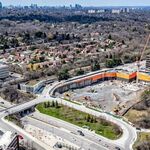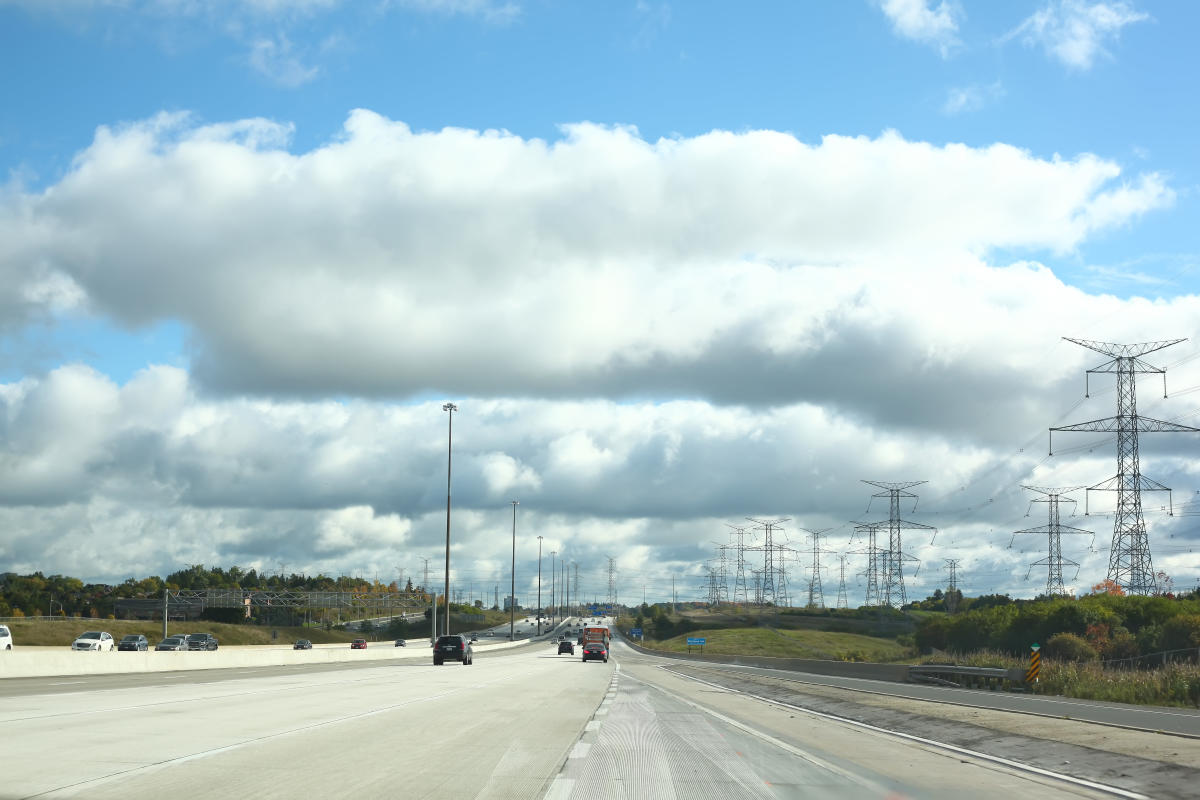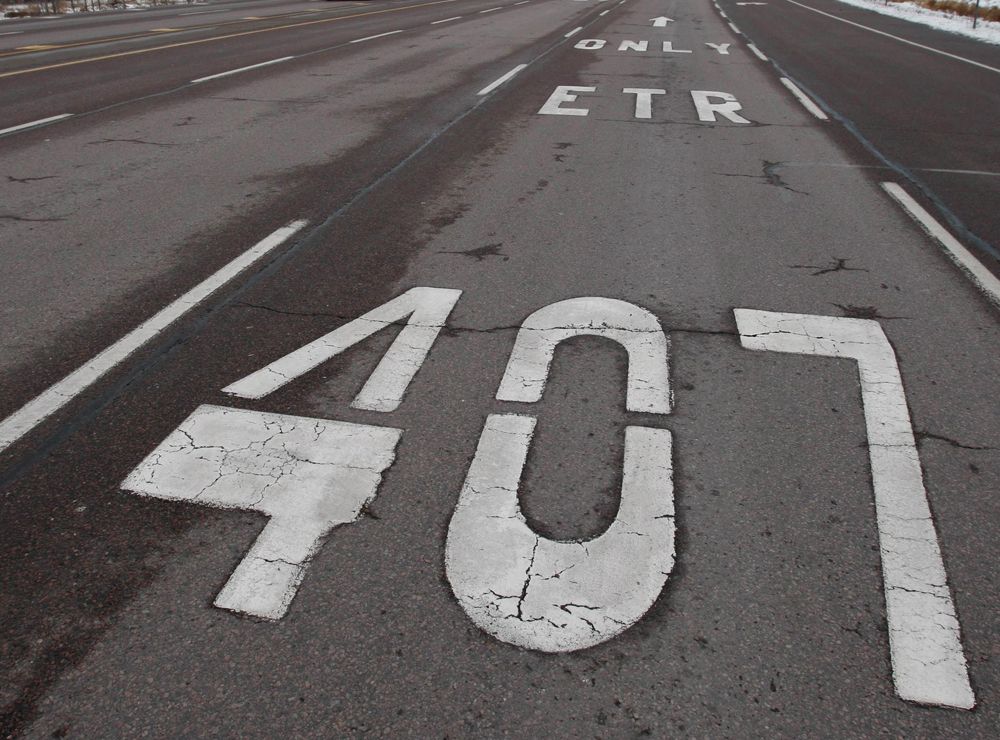Although I agree comparing the current valuation with the previous sale price of $3.1 Billion dollars maybe a bit disingenious in why its a bad deal. But if you look back at the history of the sale itself, it becomes very evident on why the 99 year lease in my opinon one of the greatest boondogles the Ontario government has ever done. Particularly around this key piece found in this article:
https://www.thespec.com/news/canada...mpletely-botched-the-sale-of-highway-407.html
"Typical privatization deals involved 30-year leases. But the Privatization Secretariat instead suggested lease periods of 55, 99 or even 199 years, and asked the prospective buyers to make non-binding bids on these various options. When the longer leases produced higher bids, the secretariat used this to push the cabinet towards a longer lease.
The
difference between the bids for a
30-year lease and bids for a
99-year lease amounted to $100 million — not a large amount to cover a period of almost 70 years. Of course, making a commitment for an extra 70 years would tie the hands of future governments and future generations. But that apparently counted for little in the minds of Harris cabinet members, compared to the benefit of receiving an extra $100 million that could be put towards pre-election deficit reduction."
TLDR: We could have sold a 30 year lease for $3 billion dollars and got back the 407 in 2027. vs $3.1 billion dollars and gettting it back in 2096......This would have a dramatic impact on road investments and revenue knowing Ontario government would be getting the highway back in 5 years vs. the mess we are stuck in now.






